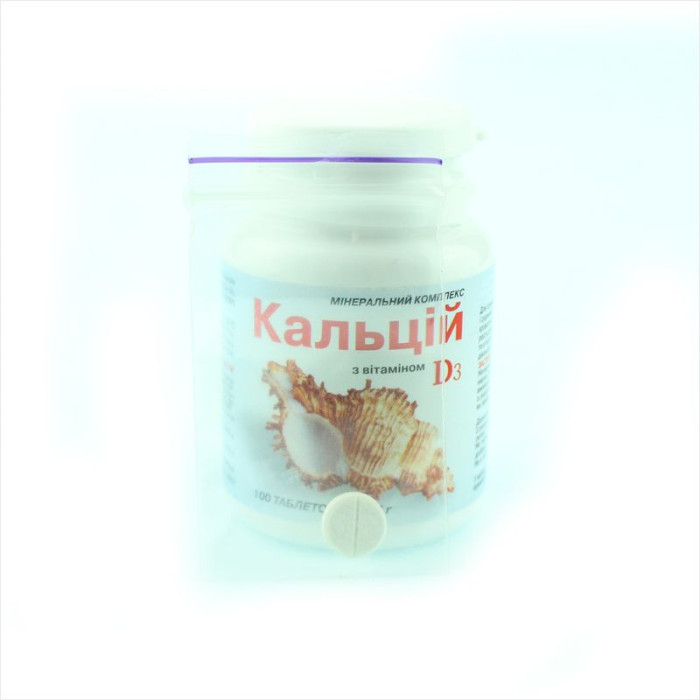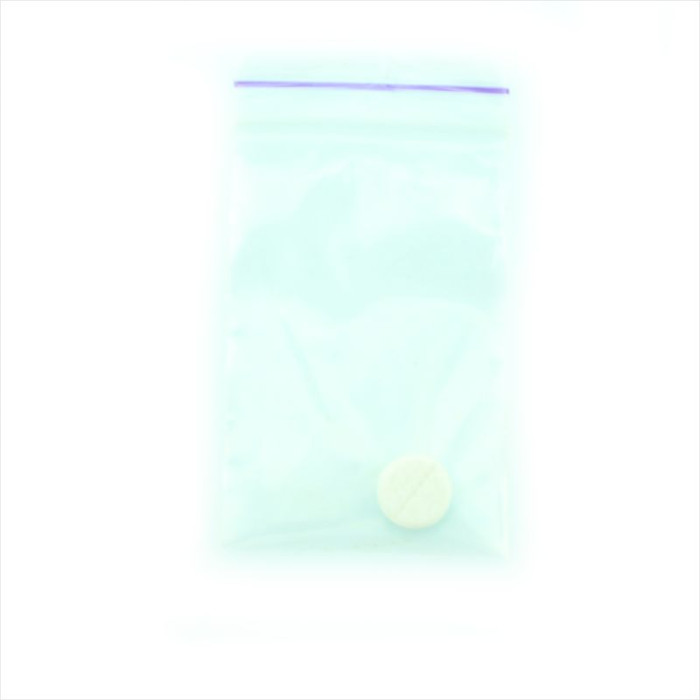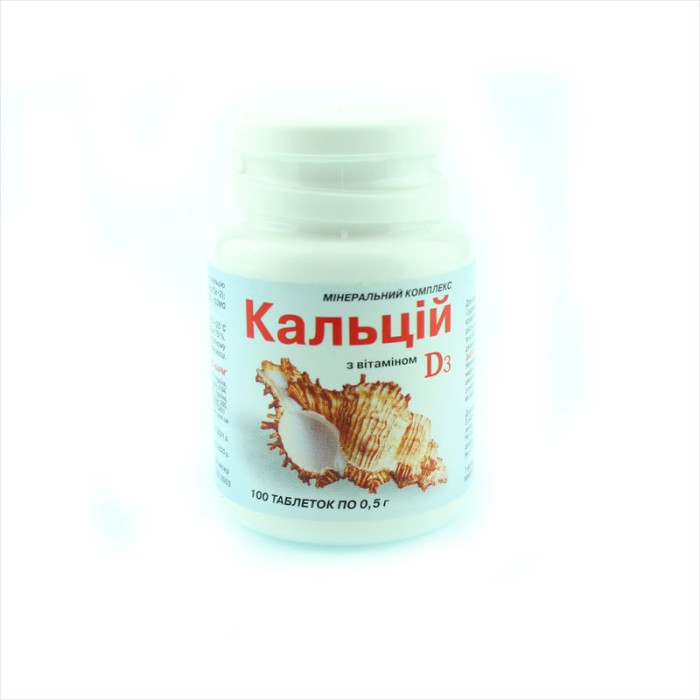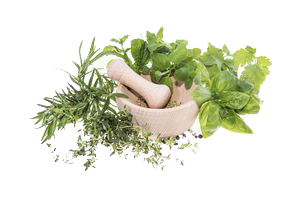The mineral complex «Calcium with vitamin D3» - has the following composition: calcium carbonate, in 1 gram of the drug - 340 mg of the element Ca + 2; vitamin D3 - 133 IU. For normal growth and development, plants need balanced nutrition, which is provided by macro and micro elements. A deficiency of one or another element leads to physiological disorders and damage to plants by non-infectious diseases and even death.
Calcium (Ca) is also very important for plants. It affects the metabolism of carbohydrates and proteins. The need for calcium manifests itself in the earliest stages of growth; it is necessary for the construction of the plant. The lack of calcium inhibits the processing and absorption of reserve nutrients (starch, proteins), which are used by seedlings, young leaves and growing shoots. This can cause the young growing parts of the plant to dry out and then cause the entire plant to die.
Calcium regulates water balance, binds soil acids, provides normal conditions for the development of the root system of plants, and improves the solubility of many compounds in the soil. It promotes the absorption of important nutrients by plants and affects the availability of a number of macro- and microelements to plants. With an increase in the amount of calcium in the soil, the supply of ammonium and molybdenum ions to the plant increases, but the mobility of manganese, zinc, and boron decreases. A lack of calcium cations in the soil leads to an increase in the acidity of the soil solution (unless the soil is saline - it does not contain excess sodium). Increased soil acidity impairs root growth and permeability.
This leads to a deterioration in the use of soil nutrients and fertilizers by plants, a decrease in their resistance, endurance and competitive ability to the entire complex of harmful organisms, especially soil-borne ones. The acidic reaction of the soil solution worsens carbohydrate and protein metabolism in plants, weakening protein synthesis. The amount of non-protein forms of nitrogen increases. The process of converting monosaccharides into other, more complex organic compounds is suppressed. Metabolism shifts in a favorable direction for fungal phytopathogens.
Diseases caused by fungal parasites are usually more common in acidic soils than in neutral ones. Liming of acidic soils leads to a significant improvement of the soil from pathogens of fusarium and penicillium rots, scab of corms). However, other types of pathogens (botrytis and rhizoctonia) develop well in a neutral and slightly alkaline environment.
In addition to the above, calcium is involved in other important biochemical processes of the plant: it promotes the transport of carbohydrates in plants; strengthens cell walls and holds them together; promote the development of the root system; necessary for leaf development; increases plant resistance to certain diseases; stimulates the activity of nodule bacteria that fix nitrogen from the air.
Calcium also affects soil fertility: it stimulates the activity of beneficial microorganisms that mineralize nitrogen in compost heaps; reduces soil acidity and accelerates the processes of ammonification and sulfur oxidation; promotes the formation of humus; accelerates the decomposition of organic matter in the soil; reduces the toxicity of iron, manganese and aluminum by neutralizing their excess quantities.
Calcium improves the mechanical composition of the soil and thus improves its air and water permeability; contribute to the formation of soil structure (aggregates). Calcium in plants is in the form of salts of pectic acid, sulfate, carbonate, phosphate and calcium oxalate. A significant part of it in plants, 20–65%, is soluble in water, and the remaining amount can be extracted from the leaves by treatment with weak acids.
Calcium enters plants during the entire period of active growth. In the presence of nitrate nitrogen in the solution, its penetration into plants increases, and in the presence of ammonia nitrogen, it decreases. Hydrogen ions and other cations interfere with the flow of calcium at high concentrations in the soil solution. Gradually, calcium passes from the soil into plants, and the soil becomes depleted. With age, its amount in plants increases. Different plants vary in their calcium intake rates.
Non-chlorophyll flowering plants and variegated plants use it much less than green plants. All cereals are characterized by low absorption of calcium. And succulents, cacti, legumes, perennial herbs, nightshade and cruciferous crops consume this element more than others. Among agricultural plants, cabbage, alfalfa and clover remove a lot of calcium from the soil. But on agricultural land, part of the calcium taken by plants from the soil, through feed and litter, ends up in manure and returns with it to the plots. And in potted crops it comes with new soil, when watering or when feeding plants.
On poor acidic sandy and sandy loam soils, some of the calcium is washed out by water, so it is necessary to replenish its reserves every 5 years by liming. Plants that have a particularly strong need for calcium are classified into a special group - calciphilic plants; they are the most sensitive to its deficiency in the soil.
A lack of calcium in the soil leads to deformation of plant cells, poor formation of integumentary tissues, and abundant development of intercellular spaces, which are poorly filled with lignin. With a lack of calcium, root growth slows down, they become slimy and rot. Decomposed roots attract soil phytopathogens and saprophytes, being a favorable substrate for them.
Signs of calcium deficiency appear primarily on young leaves: their growth is inhibited, small leaves of irregular shape are formed, chlorotic spotting appears, the tailbones of young leaves become white; the edges of the leaves curl down, turn yellow and die prematurely, the midribs of the leaves break; with severe starvation, the top of the plant and flower stalks die, the stems grow weak.
With calcium starvation, a brownish color or brown necrotic spots may appear along the edges of chlorotic leaves. Many bulbous plants without calcium develop a weak, drooping peduncle. By feeding the bulbs with calcium in a timely manner, you can help the peduncle become strong and straight. For liquid feeding, calcium is added in the form of a solution (1 tablet per 1 liter of water). Plants on soils poor in calcium are fed once per season. For calciphilic plants, calcium is added to the soil 2–3 times during the growing season.
1 tablet per 1 liter flower pot.

No questions about this product, be the first and ask your question.










